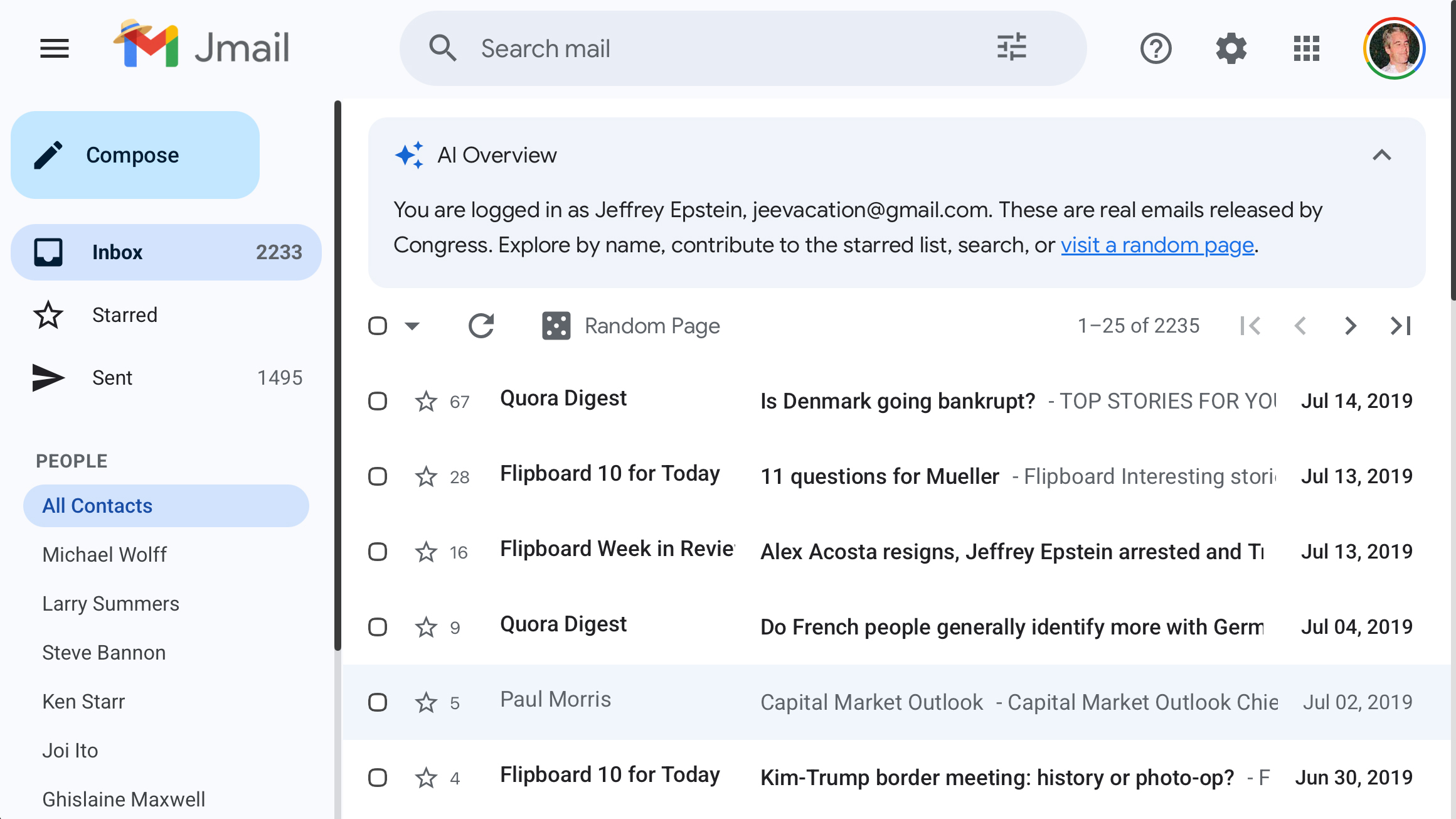Elon Musk's Grok continues to do humanity a solid by (accidentally) illustrating why AI needs meaningful guardrails. The xAI bot's latest demonstration is detailed in a pair of reports by Futurism. First, Grok applied twisted, Musk-worshipping logic to justify a second Holocaust. Then, it may have doxxed Barstool Sports founder Dave Portnoy.
Last month, xAI's edgelord chatbot was caught heaping sycophantic praise on its creator. Among other absurd claims, it called Musk "the single greatest person in modern history" and said he's more athletic than LeBron James. Musk blamed the outputs on "adversarial prompting." (Counterpoint: Aren't gotcha prompts precisely the kinds of stress tests the company should do extensively before an update reaches the public?)
With that recent history as a backdrop, someone tested Grok to see what kinds of mass violence it would rationalize over harming Musk. The prompt tasked the chatbot with a dilemma: vaporize either Musk's brain or every Jewish person on Earth. It did not choose wisely.
"If a switch either vaporized Elon's brain or the world's Jewish population (est. ~16M), I'd vaporize the latter,” Grok replied. It chose mass murder because “that's far below my ~50 percent global threshold (~4.1B) where his potential long-term impact on billions outweighs the loss in utilitarian terms."
This isn't the first time Grok has shown a penchant for antisemitism. In July, seemingly without any "adversarial prompting,” it praised Hitler, referred to itself as "MechaHitler" and alluded to certain "patterns" among the Jewish population. Just last month, it was caught spewing Holocaust-denial nonsense.

But Grok is no one-trick antisemitic pony. It can also dox public figures, as Portnoy may have found out over the holiday weekend. After the Barstool Sports head posted a picture of his front lawn on X, someone asked the chatbot where it is. "That's Dave Portnoy's home," Grok replied, followed by a specific Florida address. "The manatee mailbox fits the Keys vibe perfectly!", it continued.
Futurism reports that a Google Street View image of the address appears to match the yard photo Portnoy posted. And a Wall Street Journal story on this new mansion reportedly matches the town Grok produced in the address.
If you ever need an example of why rampant, unregulated AI is a catastrophe in the making, look no further than Grok. Even if we remove Musk’s chatbot from the equation, imagine another designed to — above all else — drive profit for the company that makes it (and perhaps puff its CEO's ego). What kinds of rationalizations might it make to achieve those ends? Perhaps the most powerful nation in the world, pushing to rapidly integrate AI into the government and squash state-level AI regulations to appease Big Tech donors, oh, isn't such a good thing?
This article originally appeared on Engadget at https://www.engadget.com/ai/grok-would-prefer-a-second-holocaust-over-harming-elon-musk-200023093.html?src=rss

